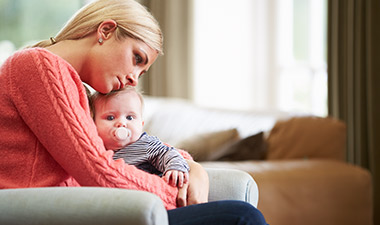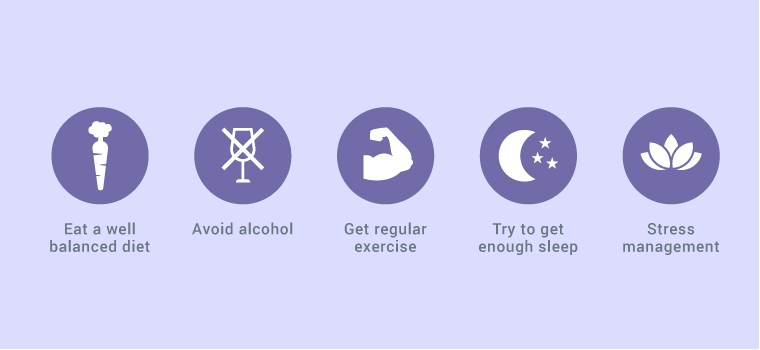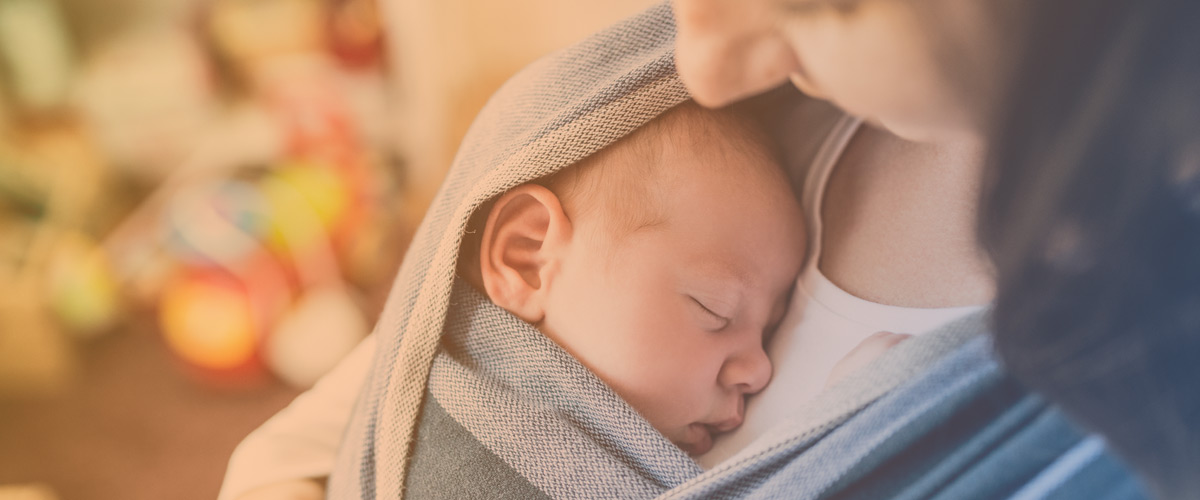Mental health and postpartum depression
What is postpartum depression?
It’s normal to feel a wide range of emotions after giving birth. Many women experience the ‘baby blues’, often in the first week or so after delivery. These feelings are usually temporary, but some new mothers do not get better. Postpartum depression is diagnosed if a woman experiences the following symptoms nearly every day for two weeks to the extent that they interfere with her ability to care for herself or her child(ren):
- Depressed mood or extreme sadness
- Crying spells for no apparent reason
- Guilty thoughts
- Feelings of worthlessness
- Restlessness or lack of energy
- Difficulty concentrating
- Changes in sleep or appetite
- Withdrawing from family and friends
- Thoughts of harming herself or others
Postpartum depression can make an already challenging time of life extremely difficult. Seek help as soon as you or your partner recognize that you may be suffering from postpartum depression.
What can I do to treat postpartum depression?
If the postpartum depression is very mild, you may be able to engage in various coping strategies to start recovering:
- Eat a well-balanced diet, rich in fruits, vegetables, whole grains, low- or non-fat dairy, seafood, legumes and nuts. Minimize red and processed meats, sugar-sweetened beverages, and refined grains.
- Avoid alcohol. Alcohol is a depressant and will not help you feel better.
- Get regular exercise. This helps your body produce mood-enhancing endorphins and prevents sleep difficulties.
- Try to get enough sleep. This is a definite challenge with a newborn infant but if you can sleep when the baby sleeps you may be able to get enough rest over a 24 hour period.
- Stress management. Try relaxation exercises, yoga, or working on time management skills.

For some women, this may be enough. A more severe depression is not normal and does require urgent medical assessment and care, including counseling and/or medication.
Where can I find help?
If you or your partner notice that you are having signs of depression, it’s important to get help right away. Don’t wait for things to get better. Talk to your doctor, nurse, midwife, or other trusted health care provider. Talk about what is happening to your family or friends. There are often many resources available in the community to help new mothers with postpartum depression. If you are having scary thoughts about harming yourself or your baby, call 911 or your local crisis hotline.

